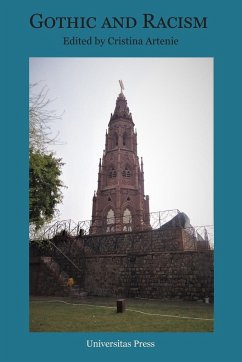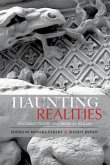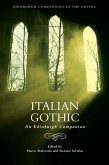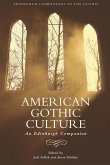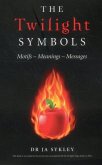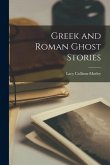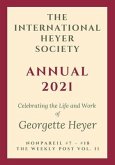Gothic is a culture of alterity: it explores the Other and it posits itself as an Other. It found its roots in the concerted efforts of eighteenth-century authors who longed for the simple and exciting plotlines of mediaeval romances. At the same time, they were careful to populate other countries and/or other eras with ghosts, vampires, and monstrous villains. More recently, Gothic studies have flourished alongside a plethora of Gothic fiction, movies, and TV shows. These new works employ the genre's conventional themes and cast of characters, while adding new features for new audiences. The perception of the Other has changed while a predilection for othering has endured. Our primary goal with this collection of essays is to contribute to the nascent field of Postcolonial Gothic Studies, understood binomially as a postcolonial version of "Gothic studies" and as the study of the "postcolonial Gothic." Contributors: Avishek Parui, Meital Orr, Joanna Wilson, Jessica E. Birch, Mark Henderson, Monalesia Earle, Fernando Gabriel Pagnoni Berns, Mariana Zárate, Patricia Vazquez, Lance Hanson, Cristina Artenie, Ipshita Nath, Anubhav Pradhan.
Hinweis: Dieser Artikel kann nur an eine deutsche Lieferadresse ausgeliefert werden.
Hinweis: Dieser Artikel kann nur an eine deutsche Lieferadresse ausgeliefert werden.

